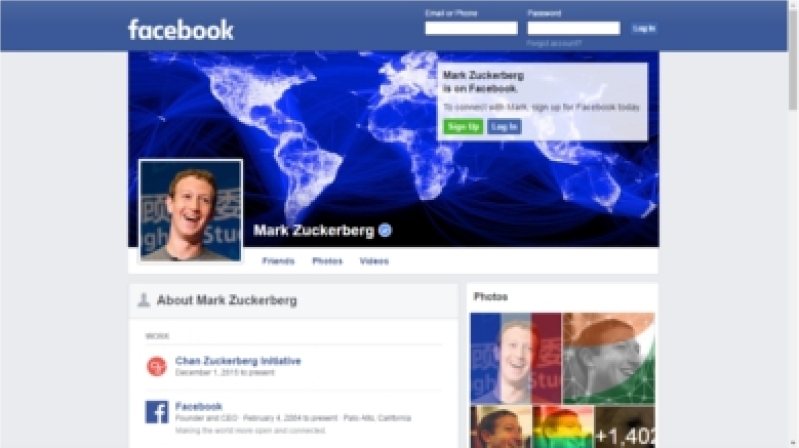
After playing very crucial roles in one of the most divisive elections in the history of the United States, Facebook and Google are both taking action against fake news. The two internet giants are now cracking down on fake news sites of which there are so many online.
Influencers
Right after the election which saw Trump unexpectedly getting elected, there were a lot of concerned voices that were raised about the influence that fake news sites influence the results. Some were even saying that Trump's election is owed directly to those fake news sites.
Now, both Facebook and Google are making moves that would limit the spread of fake news sites. Google was drawn into the controversy after the company's search engine high-lighted an obscure blog claiming that Trump won the popular vote. While Google admitted the error, the company said that the company is continuously working on its algorithm so that it can help to identify fake news sites in the future.
Facebook also made changes, but sites that publish questionable sites would still appear on the timeline of users. That means the social networking giant is still likely to face some controversy when it comes to fake news.
Reports say that Facebook had the opportunity to remove fake news, but if they had chosen to go through with the updates, the majority of the affected sites would have been right-leaning websites. That would have opened up a whole new set of problem as Facebook would surely have been accused of being politically biased.
False Stories on the Rise
This year saw so many fake news stories regarding Trump and Hillary Clinton. These include stories about the Pope endorsing Trump or that of the FBI agent investigating Hillary being found dead. BuzzFeed made an analysis which showed that 38% of the stories that were shared by right wing pages contain misleading information. According to the same analysis, the 19% of the stories shared by left wing pages contain misleading information.
The statistics cited by the BuzzFeed analysis become even more problematic in the light of the fact that two-thirds of American adults get news through social media. The people who become influenced by the fake news sites become worse off than those who have not read any news. It can undermine the electoral process and even society. Google and Facebook will be using their powers to discourage fake news.






